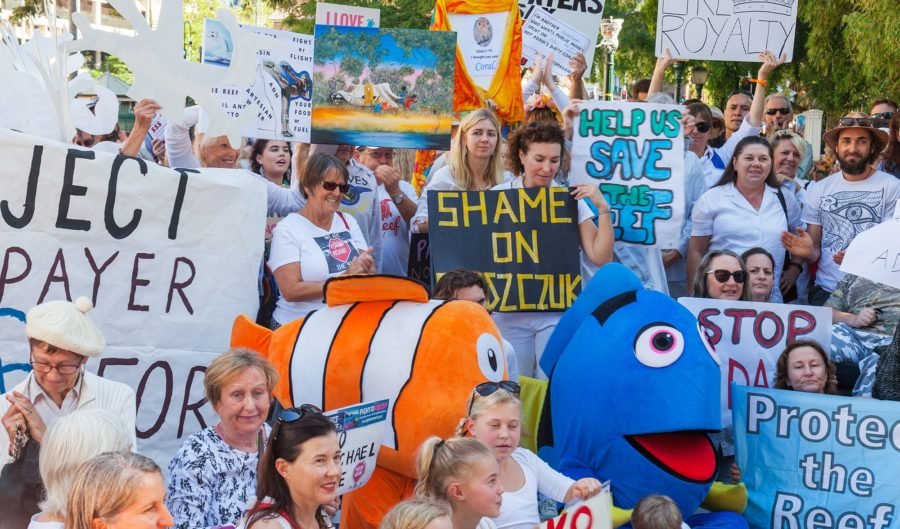
‘We can still save the world’s coral reefs’
Decorated coral reef biologist Terry Hughes says there’s still time to save the world’s coral reefs if we act fast.

Decorated coral reef biologist Terry Hughes says there’s still time to save the world’s coral reefs if we act fast.
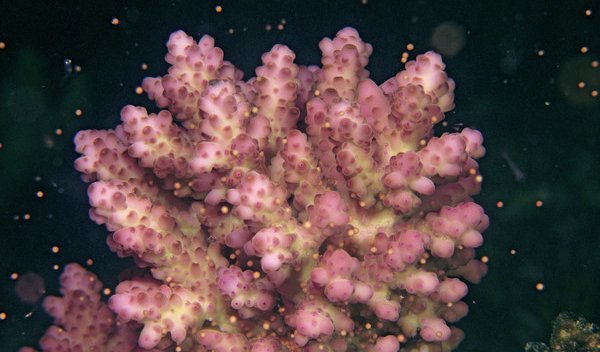
Here, Dr Karl explains the number one problem facing our Great Barrier Reef: coral bleaching caused by climate change.
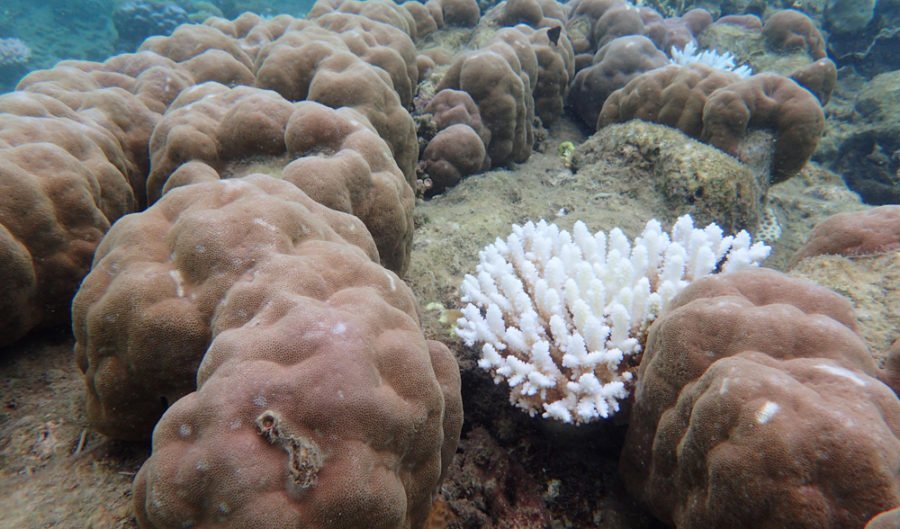
Scientists are continuing to call for urgent climate change action as a new study reveals the extent of the damage wrought by the 2016 bleaching event.

Get a glimpse into what life looks like on the Great Barrier Reef.
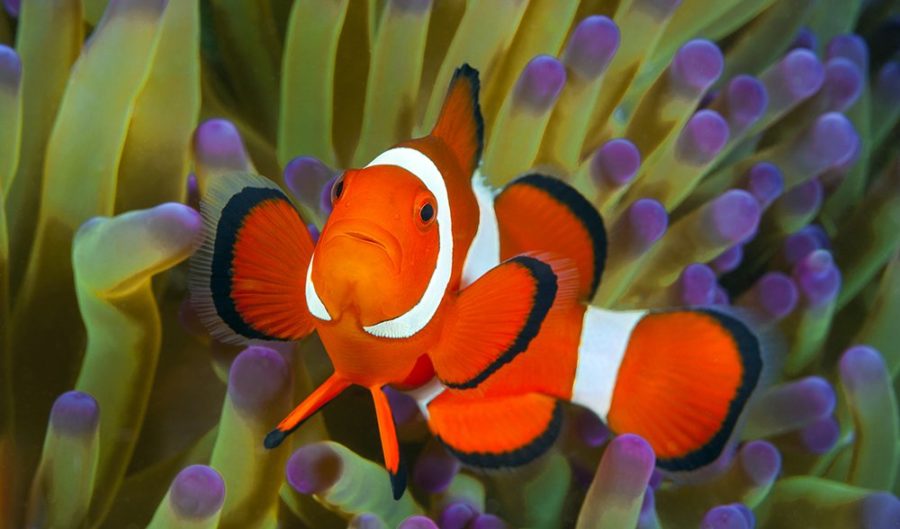
Help the AG Society fund a berth for a marine scientist abroad the Great Barrier Reef Legacy (GBR Legacy) 2018 program.

During their search for ‘super corals’ in the northern Great Barrier Reef, scientists have discovered a new species of branching coral.

Scientists from the Sea-quence Project have applied the same technology used in human genome sequencing to coral genome sequencing, producing spectacular results.
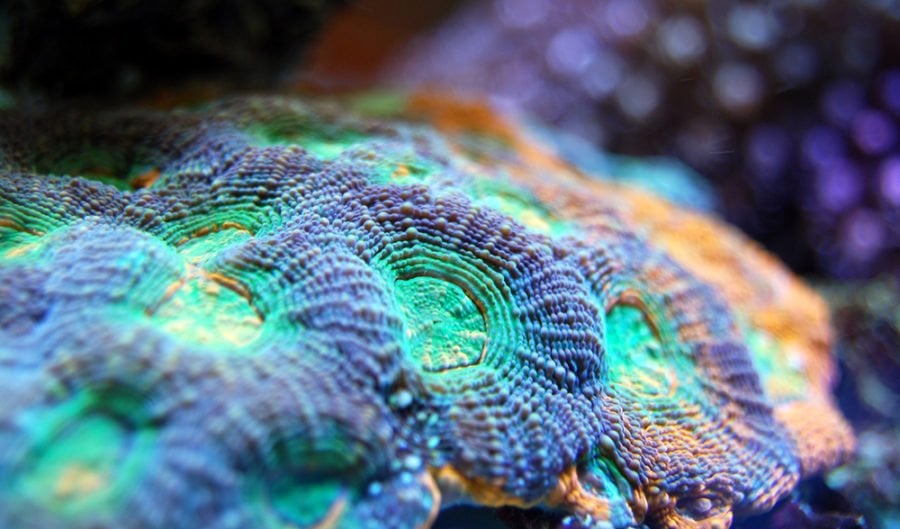
Scientists say that the new discovery enhances our understanding of the lifecycle of coral, from seasonal growth rates to the time of reproduction.
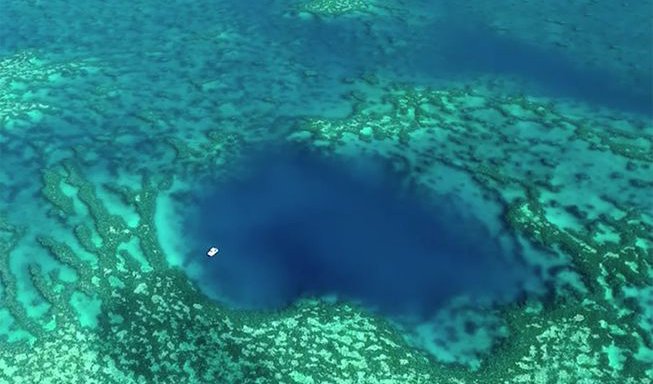
Thanks to Google Maps, marine biologist Johnny Gaskell was able to locate a large blue hole, which he says has protected delicate corals for decades.
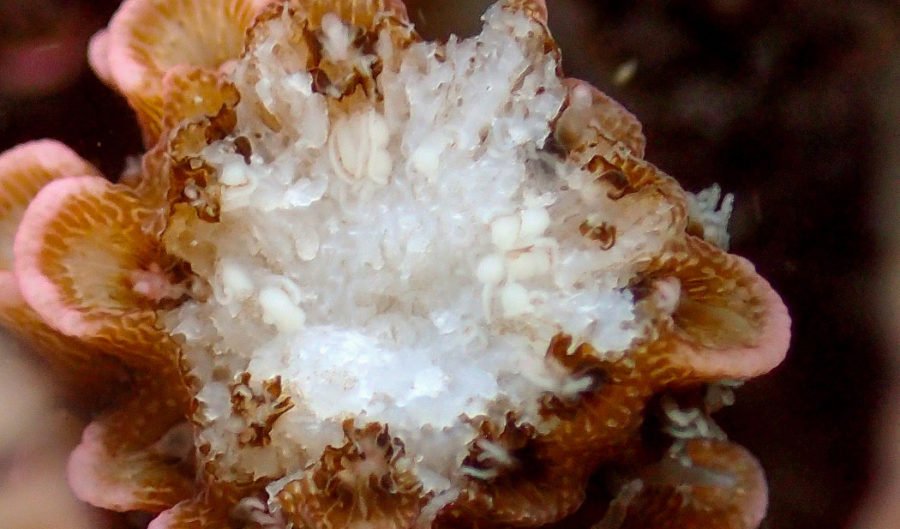
Large colonies of hard, reef-building coral on the Great Barrier Reef have been found producing small white eggs, which, come time for the annual spawning, scientists hope will turn into coral larvae.